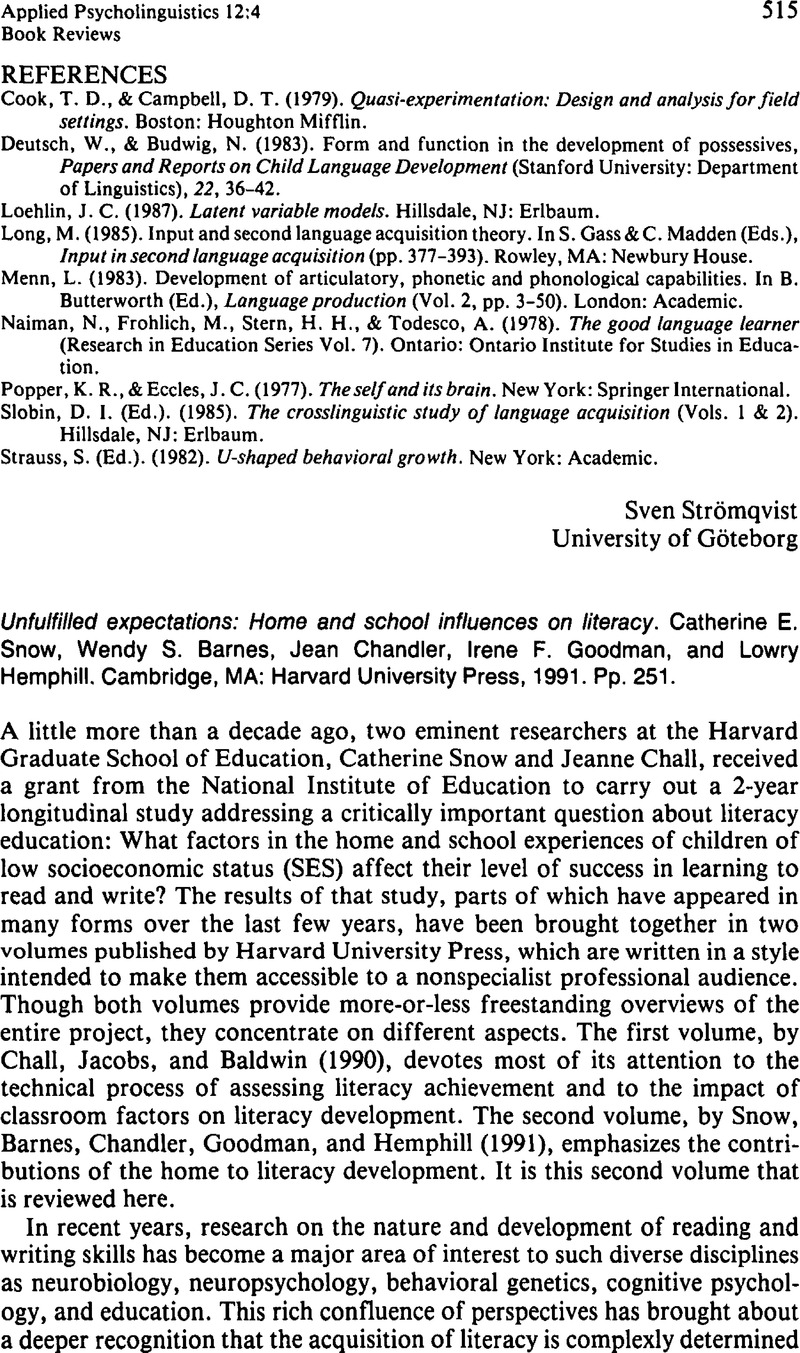DeFries, J. C.,
Olson, R. K.,
Pennington, B. F., &
Smith, S. D. (
1991). Colorado Reading Project: An update. In
Drake, D. D. &
Gray, D. B. (Eds.),
The reading brain: The biological basis of dyslexia (pp.
53–
87).
Parkton, MD:
York Press.
Google Scholar 